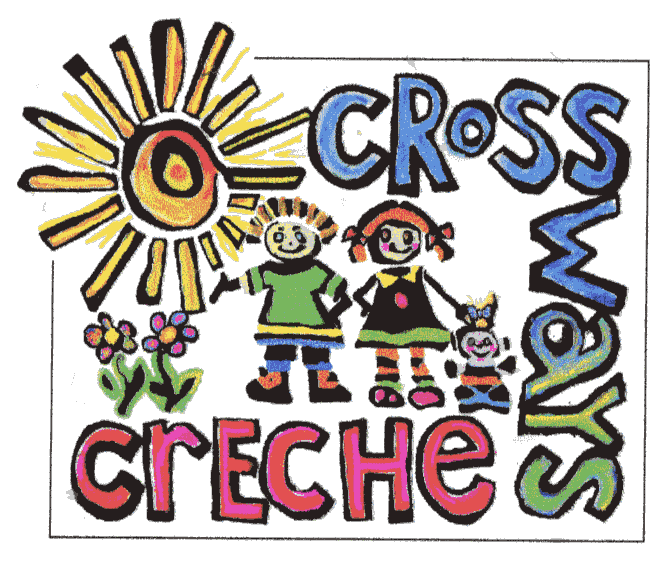Note: this is our overarching health and safety policy, which sets out overall principles. It is supported by a number of additional policies and procedures that provide more detail on specific aspects that contribute to health and safety, including:
- caring for animals
- child protection
- children’s sleeping
- civil defence and emergency
- civil defence and emergency plan
- excursions
- first aid
- food and nutrition
- hand washing
- hauora/wellbeing
- hazard and risk management
- illness
- immunisation
- maintaining safe and hygienic environments
- medical assistance and incident management
- medicines
- nappy changing and toileting
- pandemic plan
- smoke-free policy
- sun-safety
Rationale: (why do we need this policy?)
Crossways Community Crèche Early Learning Centre strives to provide a safe, healthy and welcoming environment, for the welfare of the children and our community. Health and safety is seen as a shared responsibility between management, kaiako (teachers) and others. In promoting concepts of what is safe or healthy, we draw on regulations, codes and standards we are required to comply with and values that are reflective of whānau aspirations for their child.
Objectives: (what are the expected key outcomes from this policy?)
- To ensure children and adults of Crossways Community Crèche experience an environment where: a. their health is promoted b. their emotional well-being is nurtured c. they are kept safe from harm
- To work in partnership with parents and guardians, to ensure that centre practices and decisions regarding health and safety are reasonable, fair and in the best interest of the children.
- To ensure there are effective processes and procedures in place that focus on the well-being of children, staff and parents in the event of an accident, illness, hazards or emergencies.
- To ensure we are compliant with current legislation and regulations for maintaining safe and healthy play/learning environments and workplaces.
Guidelines: (how will we achieve it?)
- Individual health and safety policies should reflect Crossways responsibility to ensure so far as is reasonably practicable the safety and health of all persons in our environments and community
- Where necessary, procedures should specifically identify how Health and Safety procedures will be communicated and who is responsible
- We should be proactive in identifying hazards and assessing and controlling risks, to eliminate, isolate or minimise harm to the wellbeing of all persons present in our environment and community
- Health and safety systems should be monitored on an ongoing basis to identify areas for improvement and development, and also reviewed regularly to ensure continuous improvement. Systems should be implemented with rigour and consistency
- Family values related to culture, religion or personal preferences should help shape our responses to health and safety provision
- We will promote the provision of advice, information, education, and training in relation to health and safety
- All staff will be encouraged to contribute to continuous improvement by raising issues, generating ideas, and participating in system development, implementation, monitoring and review.
- We should develop plans for managing potential emergencies that may arise. These plans should be communicated to all persons on site. Plans should be regularly tested.
- Incidents of harm or potential harm should be responded to in a timely way. Incident management will include processes for reporting and investigating incidents to identify root causes, along with identifying and implementing remedial actions to prevent the incident happening again
- Injury and illness management processes must be in place for ensuring that persons are properly cared for.
All health and safety policies and procedures should be reviewed by the Policy officer before implementation.
Approved date: May 2021 Review date: May 2024